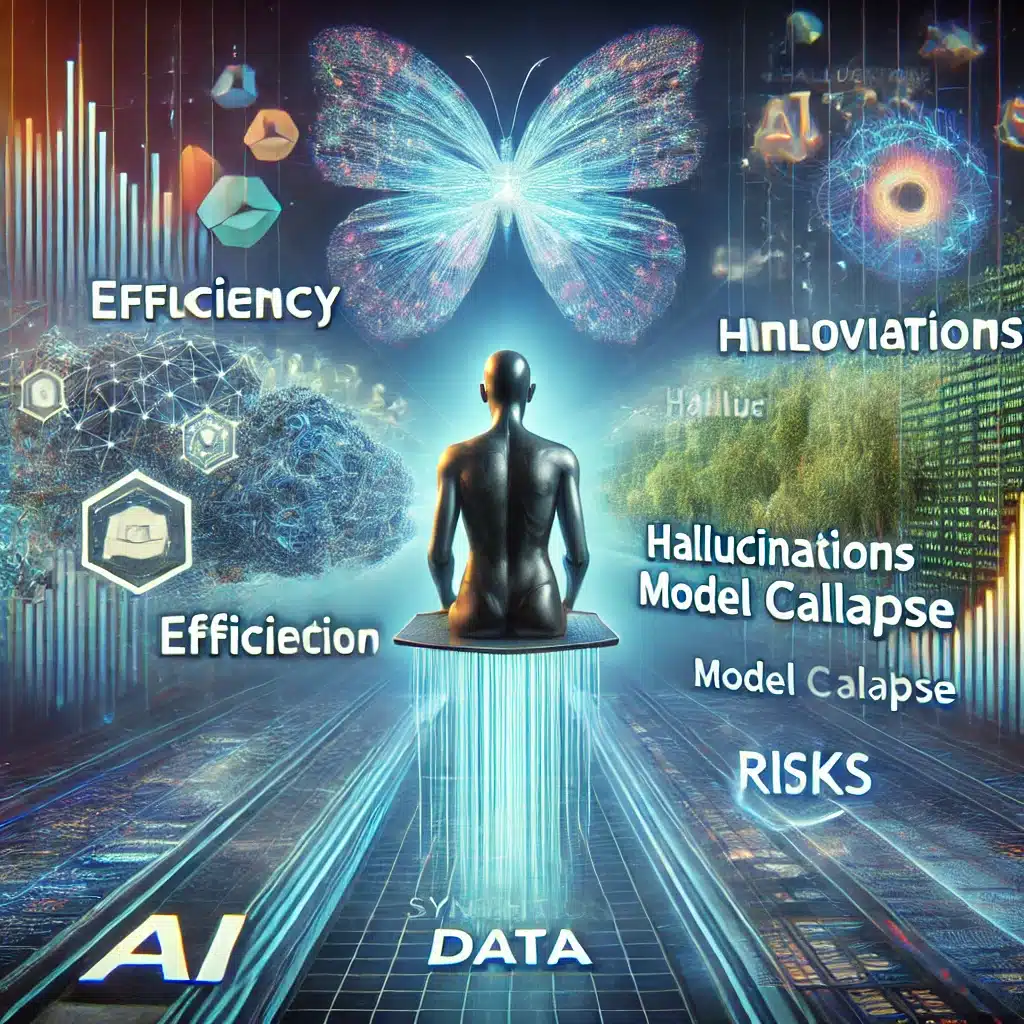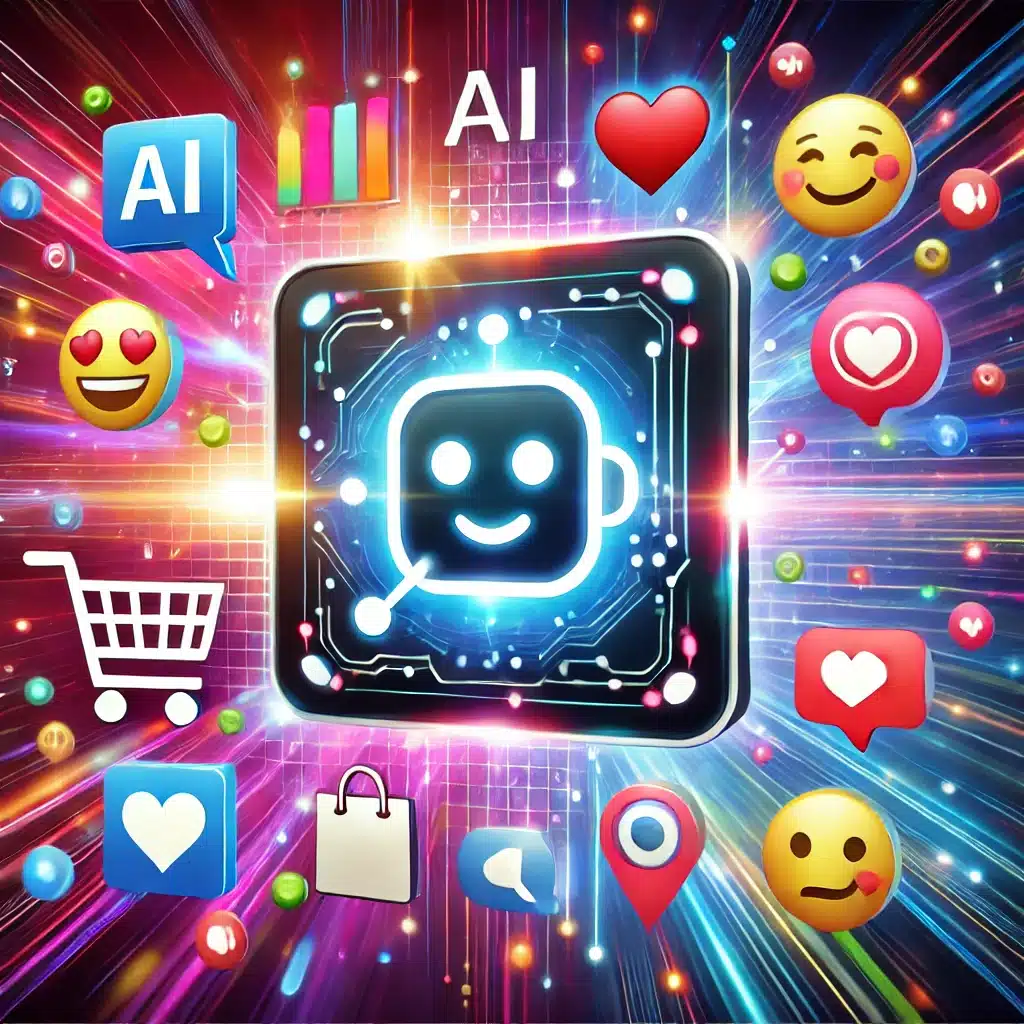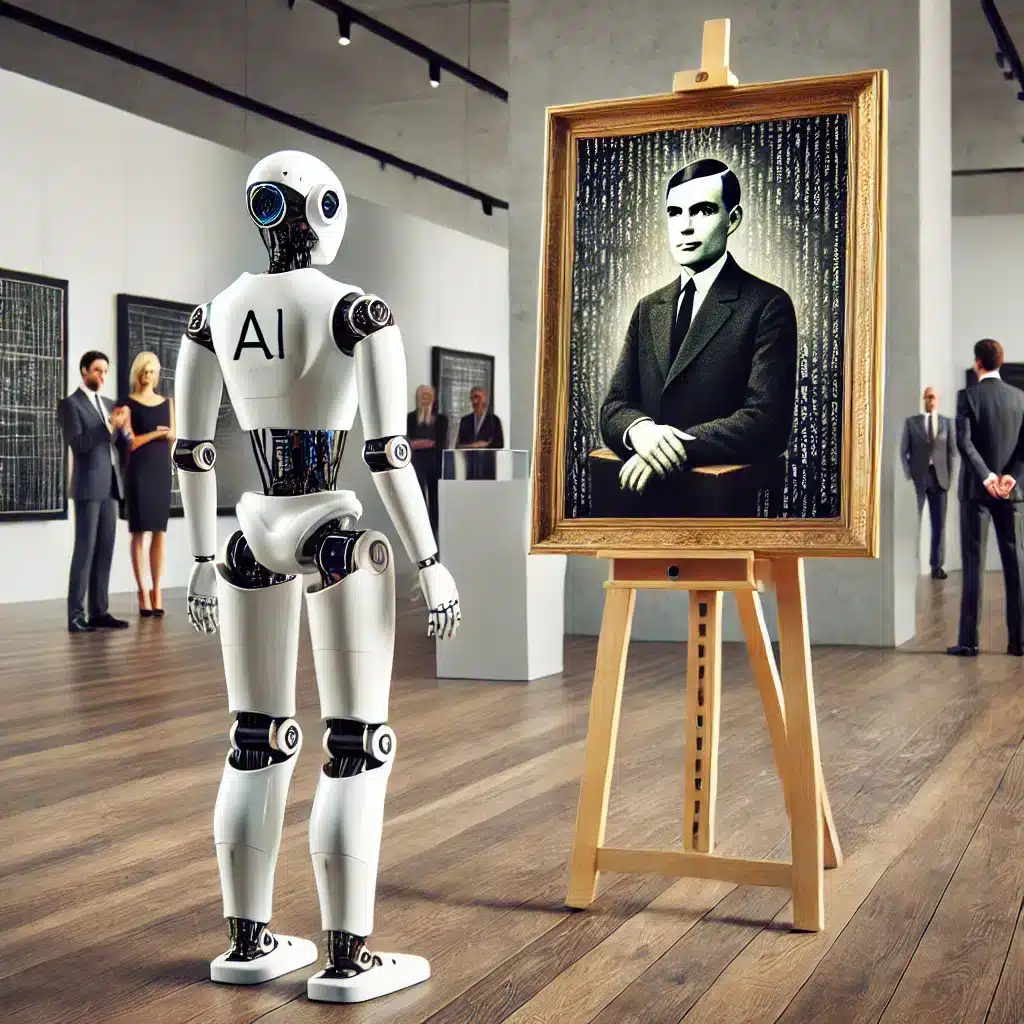Artificial intelligence (AI) has revolutionized multiple industries, but its impact on autonomous vehicles is perhaps the most transformative. Utilizing various AI technologies, self-driving cars promise to bring about safer, more efficient, and innovative modes of transportation. This article delves into the critical role AI plays in autonomous vehicle technology, exploring how AI systems process real-time data, the core algorithms that drive these vehicles, and the major components required for autonomous driving. Additionally, we will address the benefits, challenges, and prospects of AI in developing autonomous vehicles.
How Does Artificial Intelligence Power Autonomous Vehicles?
What are the Core AI Algorithms Used in Self-Driving Cars?
AI algorithms form the backbone of self-driving cars, enabling them to process vast amounts of data and make split-second decisions. Machine learning and deep learning are pivotal, as they allow autonomous vehicles to learn from previous experiences on the road. Additionally, deep neural networks help in recognizing objects, predicting pedestrian behavior, and understanding complex driving environments. These advanced algorithms also enable automated driving and ensure that AI models are continually refined for improved performance.
How Do AI Systems Process Real-Time Data from Sensors?
A smart autonomous car collects data from a complex set of sensors in its surroundings. Below is an explanation of how AI may use this information to accomplish safe and efficient navigation
Types of Sensors:
- LiDAR: Creates detailed 3D images of the environment for very high precision location awareness.
- Radar: It measures the velocity and distance of things around the car, like other automobiles and road barriers.
- Cameras: These will feed visual feeds to indicate road signs, traffic lights, lane markings, and pedestrians.
Data processed by AI:
AI systems operate on sensor data that scan the surrounding environment in real-time.
Key inputs processed include:
- Speed of Other Road Users: Provides safe gaps and slows down.
- Pedestrian Action: Anticipating movements will not cause accidents.
- It is sensitive to weather, construction zones, and traffic patterns.
Real-Time Decision:
AI interprets vast amounts of sensor data instantaneously, thus allowing split-second responses. This ability allows the car to respond immediately to any happening, such as another car that braked hard and a sudden obstacle in the path. By combining these sensor technologies and AI-driven data processing, autonomous vehicles can navigate complex environments with remarkable efficiency and safety.
What is the Role of Neural Networks in Autonomous Driving?
Neural networks are integral to the functionality of self-driving vehicles. Leveraging deep learning techniques, neural networks allow autonomous systems to perceive their surroundings accurately. By processing images and signals from sensors, these networks help in recognizing traffic signs, lane markings, and pedestrians, thus playing a crucial role in decision-making for autonomous driving. The development of more robust and complex neural networks is ongoing in AI research, aiming to push the boundaries of what autonomous vehicles can achieve.

What are the Key Components of an Autonomous Vehicle?
How Do Sensors and Cameras Support Autonomous Systems?
Sensors and cameras are the eyes and ears of autonomous vehicles, providing the necessary data for AI systems to function. LiDAR sensors create precise 3D maps of the vehicle’s surroundings, while radar sensors detect the speed and distance of objects. Cameras offer visual recognition capabilities that help in identifying traffic lights, road signs, and obstacles. The integration of these sensors with AI technologies ensures that autonomous cars can navigate safely and efficiently.
What Types of AI Hardware and Software are Integrated into Self-Driving Cars?
The development and deployment of autonomous vehicles require a sophisticated blend of AI hardware and software. Centralized processing units (CPUs) and graphics processing units (GPUs) provide the computational power needed for AI algorithms to function. Additionally, specialized chips known as neural processing units (NPUs) are employed for deep learning tasks. On the software side, advanced simulation platforms and AI models are used to test and validate autonomous driving scenarios. The integration of these AI technologies is pivotal in ensuring the performance and reliability of self-driving cars on the road.
How Do Autonomous Vehicles Ensure Safety and Navigation?
Safety is a paramount concern in the development of autonomous vehicles. AI systems are designed to ensure that autonomous cars can navigate safely by continuously processing real-time data and making informed decisions. Techniques like redundancy and fail-safe mechanisms are employed to mitigate risks. Additionally, advanced driver assistance systems (ADAS) help in managing potential hazards by providing features such as automatic braking and lane-keeping. By leveraging these AI-driven safety measures, autonomous vehicles aim to offer a safer and more reliable transportation solution.
How is AI Transforming the Automotive Industry?
What are the Benefits of AI in Driver Assistance Systems?
AI has significantly improved driver assistance systems (ADAS) in modern vehicles. These systems use artificial intelligence to provide functionalities like adaptive cruise control, automatic emergency braking, and lane departure warnings. Such features not only enhance the driving experience but also contribute to overall road safety. The use of AI in ADAS helps in reducing human error, one of the leading causes of accidents, thus providing an extra layer of security and convenience for drivers.
How is the Use of AI Affecting the Development of Fully Autonomous Vehicles?
The use of AI is vital in the development of fully autonomous vehicles. AI technologies enable self-driving cars to learn from massive datasets, improving their ability to handle complex driving situations. Companies in the automotive industry are investing heavily in AI research to advance the capabilities of autonomous vehicles. This includes refining neural networks, enhancing machine learning algorithms, and integrating more advanced sensors. With these advancements, the dream of fully autonomous vehicles is becoming increasingly feasible, promising a future where driverless cars are commonplace.
What are Some Examples of AI Implementation in Modern Cars?
There are plenty of examples in modern vehicles where advanced technology has changed transportation, and a few key ones include the following:
Tesla’s Autopilot System
- It uses advanced AI algorithms and sensor data.
- Enables semi-autonomous driving, increasing safety and convenience.
Google’s Waymo
- Machine learning enhances the self-driving abilities.
- It focuses on neural networks to effectively navigate complex urban environments.
Nissan Leaf (Electric Cars)
- Optimizes battery performance with the integration of intelligent systems. It, therefore, enhances driving efficiency while ensuring a smooth and sustainable experience.
These examples represent the various uses of AI in the automotive sector and result in innovative, efficient, and safer transportation solutions.
What Challenges Do AI and Autonomous Vehicles Face?
How Do Self-Driving Cars Deal with Unpredictable Pedestrian Behavior?
One of the significant challenges in autonomous driving is dealing with unpredictable pedestrian behavior. Pedestrians can act in ways that are difficult to anticipate, posing a considerable challenge for AI systems. Advanced neural networks and machine learning models strive to predict human behavior, but achieving perfect accuracy is a daunting task. AI algorithms must be trained rigorously to recognize and respond to sudden and erratic movements to ensure safety in real-world scenarios.
What Legal and Ethical Issues Surround Autonomous Driving?
Legal and ethical considerations are paramount in the development of autonomous vehicles. Questions arise regarding liability in the event of accidents involving driverless cars. Additionally, ethical dilemmas such as decision-making in unavoidable crash scenarios pose challenges for AI systems. Policymakers and developers must navigate these complex issues to ensure that the deployment of autonomous vehicles is both safe and ethically sound. Robust regulatory frameworks and ethical guidelines are essential to address these concerns effectively.
What are the Limitations of Current AI Algorithms in Autonomous Systems?
Despite the remarkable advancements, current AI algorithms in autonomous systems face several limitations. One of the primary challenges is the ability to generalize from training data to real-world scenarios. AI models may struggle with uncommon or unexpected situations not encountered during training. Additionally, computational constraints can limit the real-time processing capabilities of AI systems. Addressing these limitations requires ongoing AI research and the development of more sophisticated algorithms to enhance the robustness and reliability of autonomous vehicles.
What is the Future of Autonomous Vehicles with AI?
How Will AI-Driven Automation Impact Urban Mobility?
AI-driven automation has the potential to revolutionize urban mobility. Autonomous vehicles can significantly reduce traffic congestion and enhance the efficiency of public transportation systems. Ride-sharing services using autonomous cars could offer more flexible and affordable transportation options. Additionally, AI in AVs could lead to the development of smart cities, where integrated systems optimize traffic flow and reduce carbon emissions. The future of urban mobility looks promising with AI-driven automation paving the way for more intelligent and sustainable transportation solutions.
What Innovations Are Expected in the Next Generation of Self-Driving Cars?
The next generation of self-driving cars is expected to bring a host of innovations. Enhanced AI algorithms and more powerful neural networks will enable greater levels of autonomy and safety. Additionally, advancements in sensor technology will provide more accurate and reliable data for AI systems to process. Integration of AI with other cutting-edge technologies, such as 5G connectivity, will enable real-time communication between vehicles and infrastructure. These innovations promise to make autonomous driving a more seamless and efficient experience for all users.
What is the Potential for AI to Achieve Full Autonomy in Vehicles?
Achieving full autonomy in vehicles is the ultimate goal for many developers and researchers in the field of AI. The potential is enormous, with AI models continuously improving through deep learning and extensive data collection. Although there are significant challenges to overcome, such as ethical considerations and computational limitations, the progress made so far is promising. With ongoing advancements in AI research and technology, the vision of fully autonomous vehicles on our roads is becoming an increasingly likely reality, promising a future where transportation is smarter, safer, and more efficient.
Conclusion
The most significant building block in autonomous vehicle development came with artificial intelligence, which further revolutionized the automobile world and opened new doors to safer transportation solutions. Advanced algorithms and real-time data processing through strong neural networks give AI the capability to maneuver even the most complex environments with self-driving cars. We’ll always have uncertainties in human behavior and ethics dilemmas, while technologies will limit the potential reach of vehicles. But then again, all of these would slowly push humanity closer to autonomous vehicle futures through AI research breakthroughs. AI breakthroughs in autonomous technology shall ensure there is always an improvement in urban mobility, road safety, and sustainability.
FAQs
1. What are the applications of AI in autonomous vehicles?
With artificial intelligence, self-driving cars process real-time data from sensors and make decisions to be able to navigate safely. Deep learning, machine learning, and neural networks are the parts that help the car learn from experiences and adapt to complex driving scenarios.
2. What are the major sensors that an autonomous car uses?
Sensors include LiDAR for 3D mapping, radar for object speed and distance detection, and cameras for visual recognition of road signs, traffic signals, and obstacles.
3. How do neural networks contribute to autonomous driving?
The neural networks later process the sensory input from the environment and help to recognize and understand it. Lane markings, traffic signs, and the behavior of pedestrians are also important to ensure safe navigation.
4. What will be some of the major obstructions for AI in self-driving?
Some of the difficulties are variable-pedestrian behavior, legal and ethical considerations, and technical limitations such as limits in computations and generalization over unseen scenarios.
5. How will self-driving cars change urban mobility?
Autonomy of cars decreases traffic congestion, makes public transport efficient, and helps develop smart cities. Their visions of sustainable as well as inexpensive urban mobility are possible by them.



